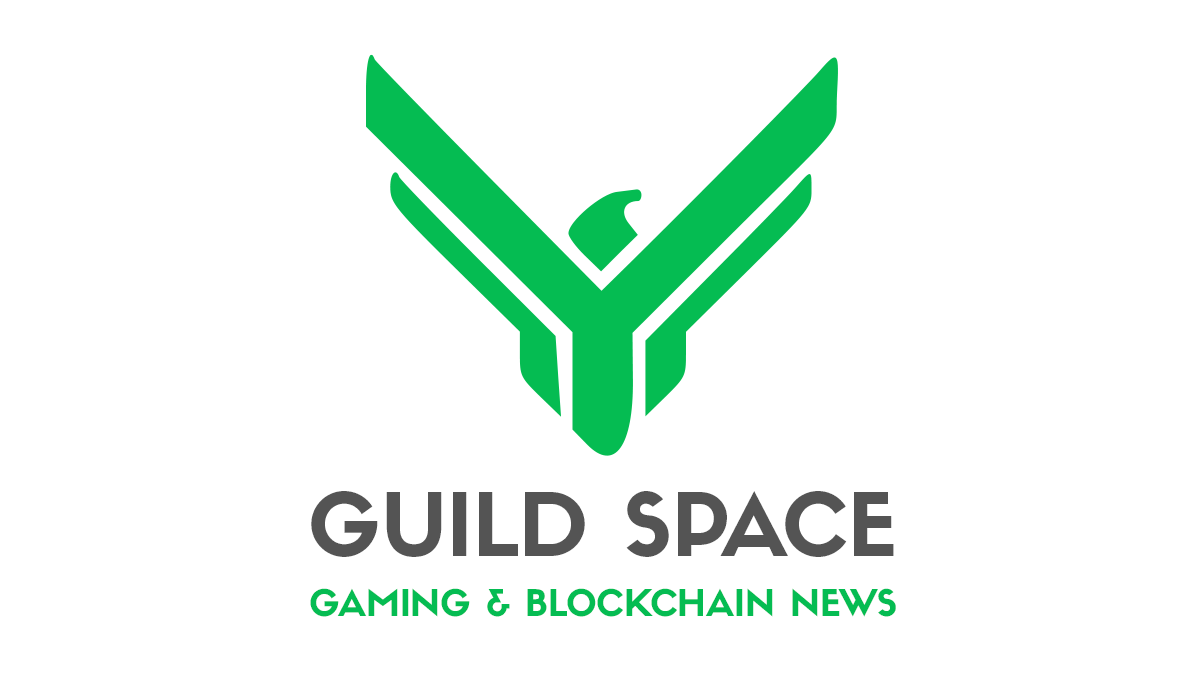5 AI-Powered ChatGPT Alternatives: Features, Pros, Cons, and Pricing


Introduction
ChatGPT has gained significant popularity as a powerful text generation tool based on artificial intelligence. However, there are other alternatives in the market that may be of interest to users. In this article, we’ll explore 5 alternatives to ChatGPT, discussing their features, advantages, disadvantages, specializations, and pricing options in comparison to ChatGPT-3 and ChatGPT-4.
OpenAI GPT-3
Overview:
OpenAI GPT-3 is a highly powerful text generation model with impressive capabilities, making it a direct competitor to ChatGPT.
Pros:
- One of the most powerful text generation models in the market.
- Huge number of parameters, resulting in high accuracy and quality of generated text.
- Broad range of applications, from content creation to natural language processing.
Cons:
- High cost of access to the API.
- Model may generate unwanted or irrelevant content.
- Generated text may not be entirely unique.
Pricing:
- Free plan: limited number of tokens and requests.
- Paid plans: starting at $20/month with varying token and request limits. Plan details can be found on the OpenAI website.
Hugging Face Transformers
Overview:
Hugging Face Transformers is an open-source library that allows users to access and fine-tune pre-trained models or train their own for text generation tasks.
Pros:
- Open-source code with an active developer community.
- Ability to use pre-trained models or train custom models.
- Support for multiple languages and creation of custom models.
Cons:
- Requires programming knowledge for setup and usage.
- Lower accuracy and quality of text compared to GPT-3.
- Possible issues with uniqueness and quality of generated text.
Pricing:
- Free plan: limited usage.
- Paid plans: starting at $30/month with different request limits and additional features. Details can be found on the Hugging Face website.
DeepAI Text Generator
Overview:
DeepAI Text Generator is a user-friendly web-based tool that provides different models for text generation.
Pros:
- Easy to use, accessible through a web interface.
- Offers various models for text generation.
- Suitable for quickly generating small amounts of text.
Cons:
- Fewer parameters and customization options.
- Lower accuracy and quality of text compared to GPT-3.
- Limited functionality compared to other tools.
Pricing:
- Free plan: limited usage.
- Paid plans: starting at $10/month for 50,000 requests, up to $100/month for 1,000,000 requests. More detailed information can be found on the DeepAI website.
InferKit
Overview:
InferKit is a content generation tool focused on automatically creating content with a simple-to-use web interface.
Pros:
- Designed for automatic content creation.
- Easy-to-use web interface.
- Offers flexible subscription options and API access.
Cons:
- Lower accuracy and quality of text compared to GPT-3.
- Possible issues with uniqueness and quality of generated text.
- Limited control over content generation compared to ChatGPT.
Pricing:
- Free plan: 10,000 characters per month.
- Paid plans: starting at $20/month for 100,000 characters, up to $80/month for 1,000,000 characters. More detailed information can be found on the InferKit website.
Kuki AI
Overview:
Kuki AI is a conversational AI platform designed for building chatbots and virtual assistants.
Pros:
- Focused on creating engaging conversational experiences.
- Supports multiple languages and platforms.
- Customizable and easy-to-integrate.
Cons:
- Less suited for content generation compared to ChatGPT.
- May require technical expertise for customization and integration.
- Limited text generation capabilities compared to other alternatives.
Pricing:
- Free plan: limited usage with some features.
- Paid plans: pricing and limitations depend on individual needs and usage volume. For accurate pricing and plan details, contact Kuki AI.
BERT-based Text Generator
Overview:
The BERT-based Text Generator is a text generation tool that utilizes a pre-trained BERT model for content creation.
Pros:
- Based on BERT, one of the most popular natural language processing models.
- Supports multiple languages and domains.
- High accuracy and quality of generated text.
Cons:
- Requires technical expertise for setup and usage.
- Possible issues with uniqueness and quality of generated text.
- Less functionality compared to GPT-3 and ChatGPT.
Pricing:
- Free plan: limited usage.
- Paid plans: starting at $10/month for 100,000 characters, up to $100/month for 2,000,000 characters. More detailed information can be found on the BERT-based Text Generator website.
Conclusion
Each of these ChatGPT alternatives has its strengths and weaknesses, and your choice will depend on your specific needs and preferences. By comparing their features, pros, cons, and pricing, you can make an informed decision about which AI-powered text generation tool is the best fit for your requirements. Carefully consider your use case, the desired level of customization, and your budget to find the right solution for your needs.
Recent Posts
How to Manage an Online Community: Best Practices for Success
In today's digital age, online communities have become a pivotal aspect of brand building, marketing, and fostering user engagement. Proper…
The Future Smart Home: Automation, Energy Efficiency & Next-gen Technologies
Automation, Energy Efficiency, and Cutting-edge Technologies in Domestic Management. 1. Introduction In today's world, technology continues to become more integrated…
Building an Online Community: A Step-by-Step Guide
In today's digital age, online communities have become hubs for knowledge exchange, shared interests, and camaraderie. If you're thinking of…
Blockchain’s Revolution in Real Estate: Ushering in Transparency
Blockchain, originally known as the backbone technology of cryptocurrencies, holds potential far beyond the financial sector. One such area where…
Leveraging Graph Databases for Complex Data Structure Analysis: An Overview of Benefits and Application Methods
The contemporary data landscape is ever-expanding and becoming more intricate, and conventional analysis tools and methods often fall short in…
Leveraging Quantum Computers in Scientific Research: A Revolution in the World of Science
The emergence of the first working prototypes of quantum computers signaled a new era of scientific exploration. With a fundamentally…